How do New Working Spaces contribute to peripheries?
Client
EU COSTProject period
October 2019 — October 2024Services
Network participationWorking method
Network participationProduct
Publication, workshopsOur expertise
Regional development, Regional policyPartner
EU Cost ActionLink
Downloads
Publication (2023) Publication (2024)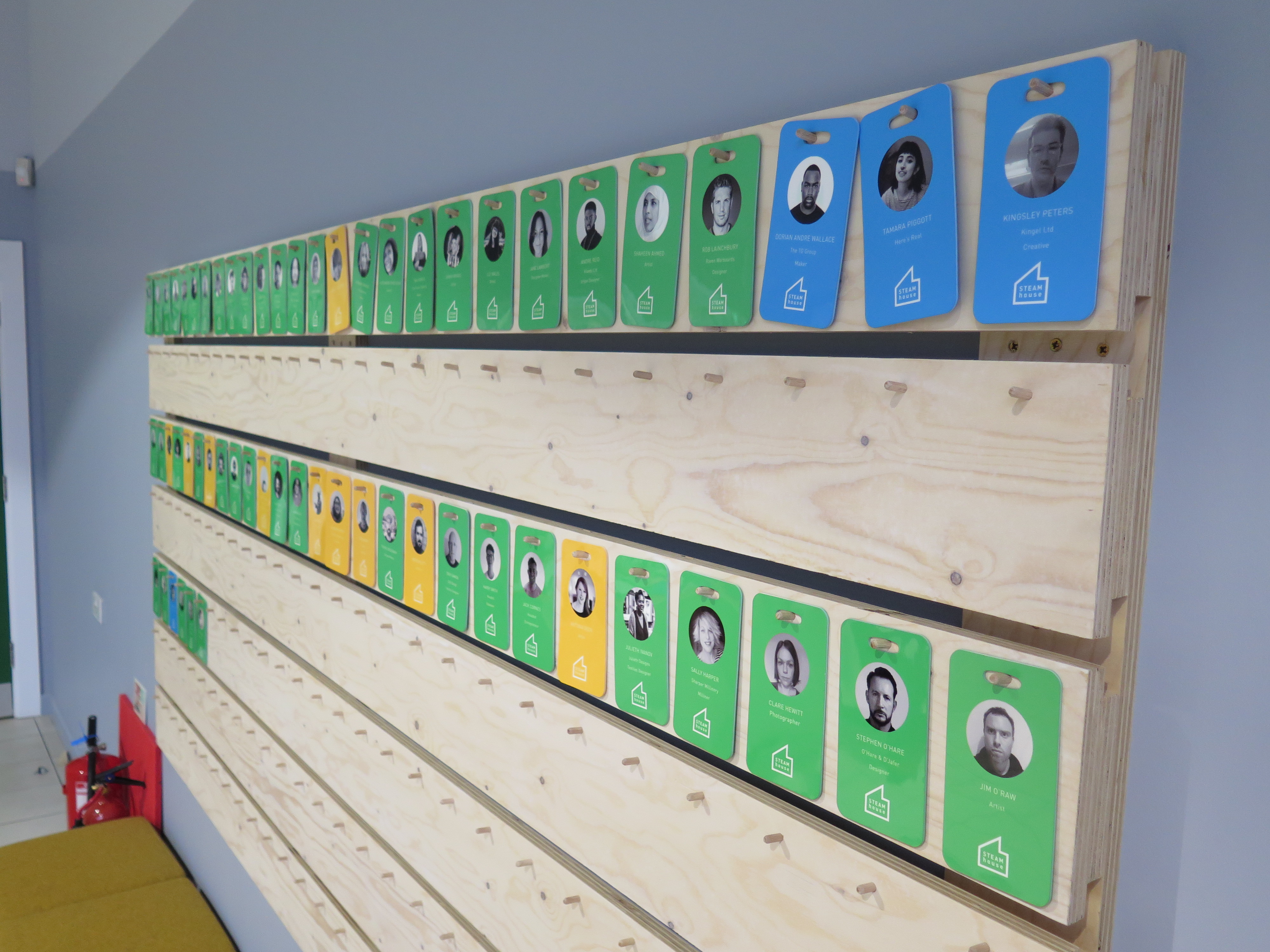
EU-Cost Action: The geography of New Working Spaces and the impact on the periphery
The project “The Geography of New Working Spaces and the impact on the periphery” is a four-year COST network funded by the EU.
The aim of the COST Action is to share and discuss the first results of international research projects on the phenomenon of new workplaces, such as coworking spaces and maker spaces, in order to achieve the following objectives: (i) to identify typologies (taxonomy) of newly created workplaces and (ii) to develop their spatial distribution and location patterns.
Furthermore, it is an essential expectation to collect, discuss and develop guidelines for customised policy and planning measures (tool box) to promote the positive impact of new workplaces by fostering agreements and cooperation with local, regional and/or national public administrations/stakeholders.
Project components
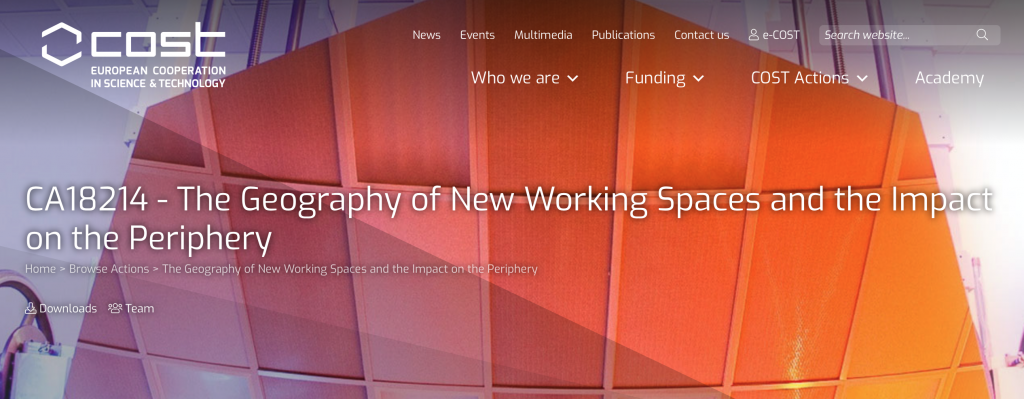
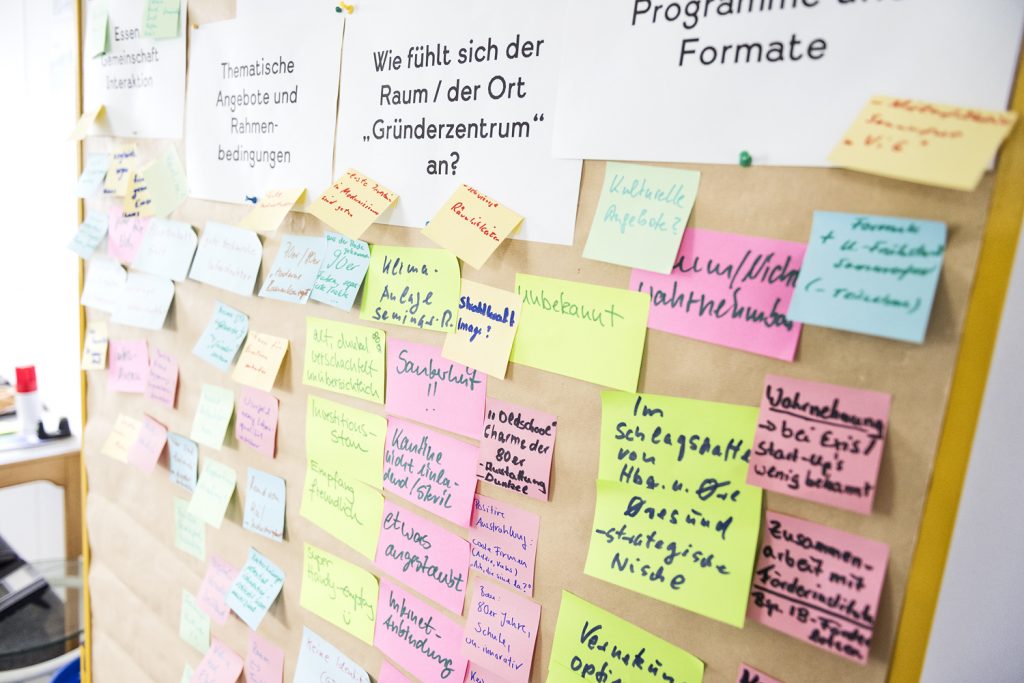

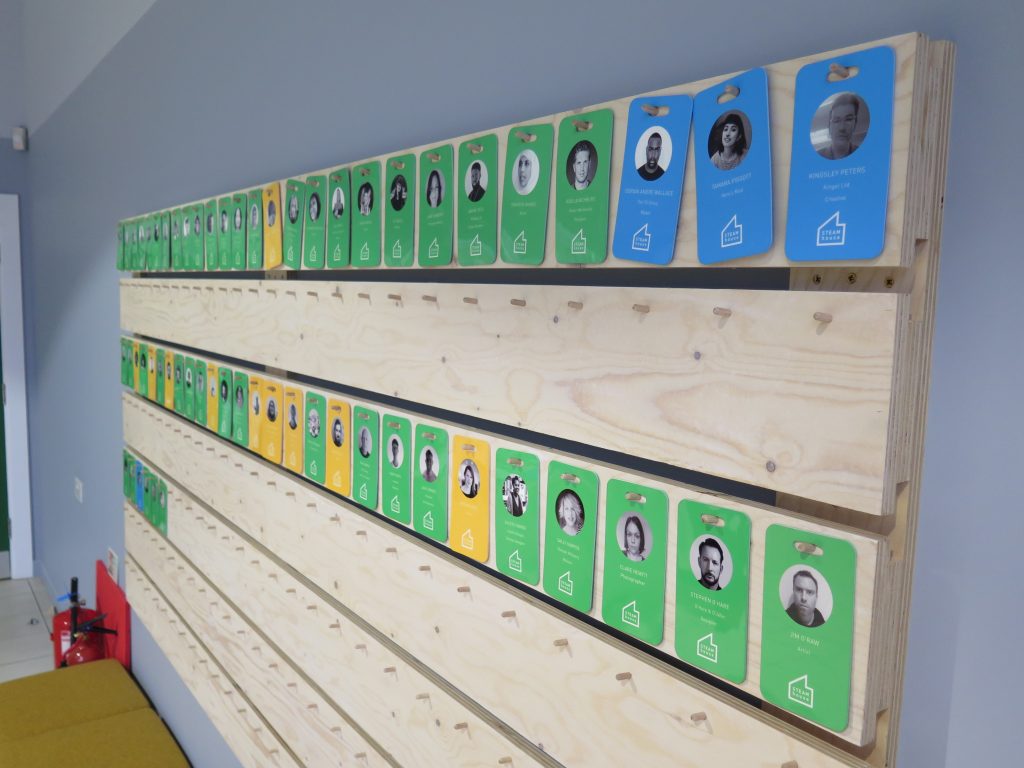
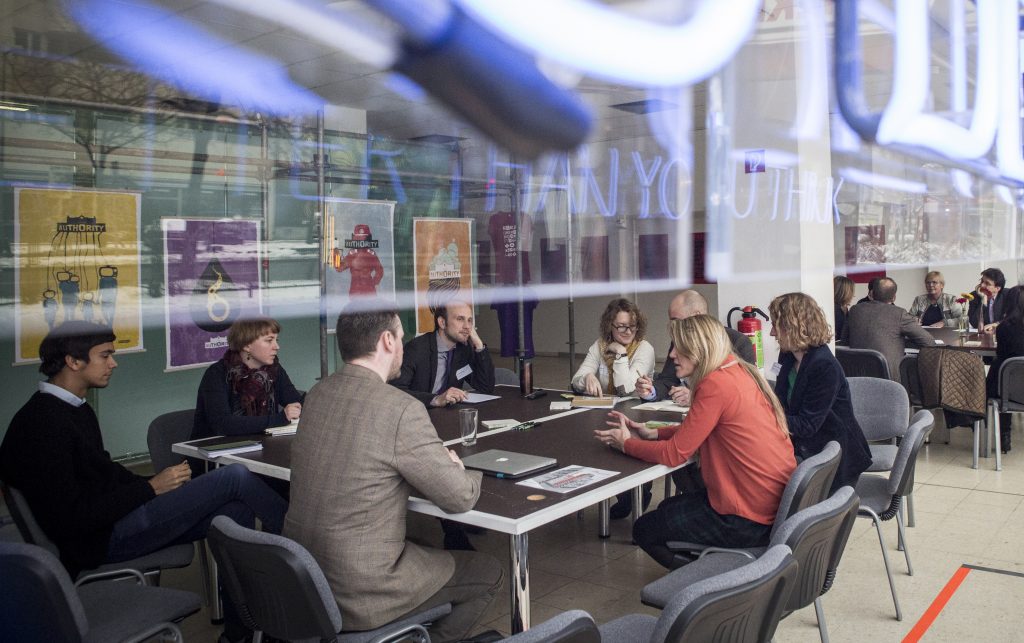
Related projects
New narratives through neighbourhood initiatives for city centres
Multiplicities and Belius GmbH create new narratives for the project development of Flussbad e.V.
"Flussbad Berlin" is an urban development project to reactivate the Spree Canal, which has been largely unused for over 100 years, in the heart of historic Berlin.
Client: Flussbad e.V.
New players for neighbourhood development
In the BMBF project COWERK, Multiplicities is analysing value creation processes and environmental effects in 500 open workshops in Germany.
Client: Institute for Ecological Economy Research IÖW, University of Bremen, Fraunhofer Umsicht, Fraunhofer ISI, Association of Open Workshops (VOW)
New places of work in rural areas
Multiplicities and Belius GmbH initiate a transformation of technology and start-up centres in the districts of Rendsburg and Plön (Kiel city region).
Client: Economic development of the administrative districts of Rendsburg-Eckernförde and Plön
SME-creative – How to promote innovation properly?
Together with Prognos AG, Multiplicities analyses funding models in Saxony-Anhalt and Thuringia on behalf of the BMWi.
Client: BMWi (Federal Ministry for Economic Affairs and Energy) Berlin
Collaboration as a driving force in Brandenburg
The EU project COBRA tested collaborative forms of work and new partnerships on the labour market in rural Brandenburg.
Client: Ministry of Labour, Social Affairs, Women and Family of the State of Brandenburg (European Social Fund)
Strategies for an international creative industry
Multiplicities presents options for the internationalisation of the creative industries in Germany.
Client: Institut für Auslandsbeziehungen (IfA)
Location development through knowledge transfer
Students at the Berlin University of Applied Sciences work in teams to solve problems posed by regional companies.
Client: Hochschule Technik und Wirtschaft (HTW) Berlin, finanziert durch die IHK Berlin